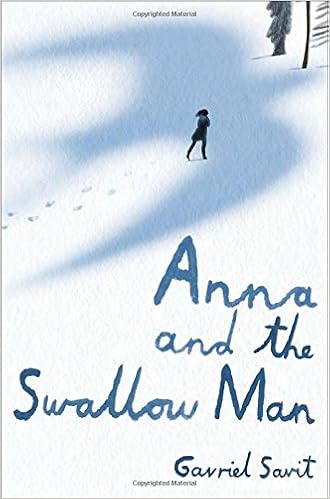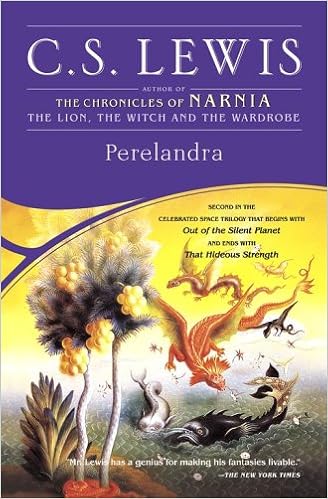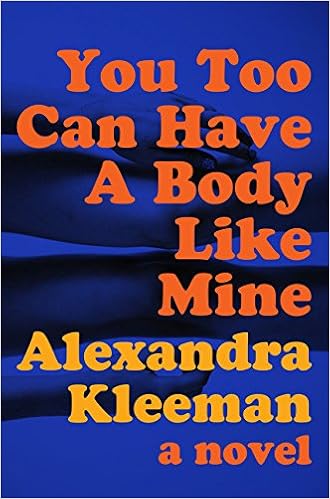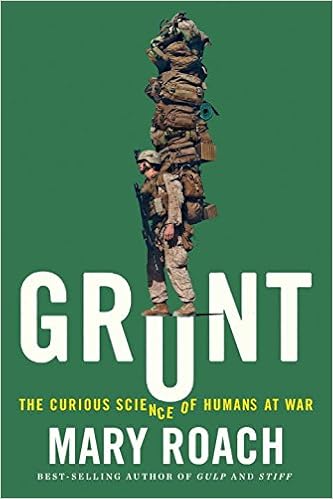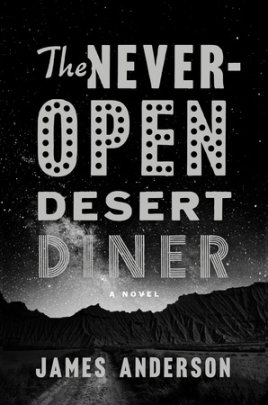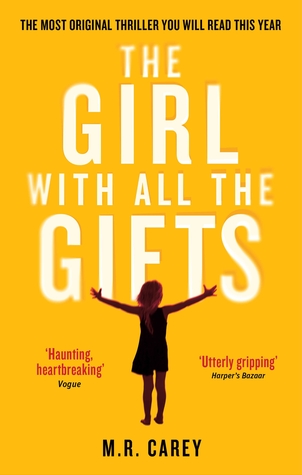If you enjoyed the book we discussed yesterday, here is the promised interview with the author!
I love that you talk about the difference between collaborating and
just doing things to insure survival, because that's something that I've
contemplated too. In my head, I guess collaborators were people who reveled in
their position of power and benefited in a way that went beyond just survival;
prosperity and gloating vs. survival and discomfort with what you had to do.
Can you expand more on your thoughts on this?
This is a great question, and one I wrestled with throughout the
writing process. I think the dilemma is best expresesed in this passage from Galerie:
Theirs was the “grey zone,” as Auschwitz survivor
Primo Levi called it—a place in which black-and-white morality, in the absence
of the social contract, faded to uniform grey. Who was more guilty, the
“collaborating” kapo that ensured all prisoners in a barracks received equal
portions of food, even if this involved beating prisoners to keep them from
stealing, or the individual prisoner, who stole food from his weaker
companions? Who caused, and who prevented, more suffering?
To get a better grasp of the collaboration issue that is so central to Galerie,
I researched the “Kapo Trials”, which were held in the 1950s in Israel—more to assuage public
outcry than to seek true justice, it seems. I also focused on the Judenraat,
the Jewish councils appointed by the Nazis in the various ghettos who were
often charged with impossible life-and-death decisions. These were so widely-despised
that the term is still—inaccurately
and unfortunately—used
derogatorily today in Israel.
There were certainly abuses by Jews in positions of power. The head of
the Judenraat in the Lodz Ghetto, Chaim Rumkowski—who in his demagoguery
actually had stamps issued with his portrait—comes to mind. Yet when you read other firsthand
accounts—like the
diary of Gonda Redlich, who was among the Jewish leadership in Theresienstadt—you see people deeply
committed to helping their fellow Jews and agonizing over each impossible
choice they are forced to make.
My conclusion from all this, and from my own personal experience with
Holocaust survivors, is this: when the moral framework in which we all operate—Rousseau called it the
social contract—is so radically
upended, questions of right and wrong can be judged only in their temporal
context. What seems “wrong” from our perspective may not have been so in its
context. I tried to bring this moral ambiguity to play in Galerie—especially in the final
scene of the epilogue.
My interest was piqued by the locations that you picked. Obviously, Prague
had to be one setting, along with Israel. But then Wisconsin and Indiana were
interesting choices. (Maybe I liked the choices because I spent summers in
Indiana and live in Wisconsin. I totally know where the Grateful Dead concert
in the book took place, haha) What made you pick them as settings?
Like any writer (although we may not all admit it), I “cheated”. In
other words, I blatantly used my personal experiences to enrich the book.
I grew up in northern Indiana, and worked for several summers at a camp
in Oconomowoc, Wisconsin. And I was at that Dead concert, too. So, addition to
drawing on my more recent experiences visiting Prague, and of course living in
Israel for 25 years, I drew on my past to bring Galerie to life. I did the same
thing, perhaps even more blatantly, in my upcoming novel, Enfold Me
(launching next month, by the way).
Uncle Tomas and other Holocaust survivors are living in pretty unfortunate
circumstances in the book, is that a real problem?
Sadly, yes. This is an issue that receives a lot of media attention
here in Israel, even today. I had always been curious as to how the situation
came about. To figure it all out, and try to build a more realistic story, I
took several days and read a 2008 Israeli government Commission of Enquiry report
about the state of Holocaust survivors and the assistance they received. I
won’t burden you with the details—but suffice it today that mismanagement and
political opportunism played—and still plays—a large role. But this is the
“how” of the treatment of Holocaust survivors in Israel, and I really wanted to
understand the “why.” I think this passage from Galerie best illustrates my
conclusions:
When facing the horror of the Holocaust, it was
still easier to strip it of corporeality. It was simpler to regard its
inanimate symbols rather than its fading, yet still living, human face. One
could look at the remains of Auschwitz, and see the piles of shoes and
eyeglasses—tangible, horrifying, yet less emotionally threatening than Moshe,
the ninety-year-old Auschwitz survivor, with his liver-spotted hands, creaking
walker, ratty slippers, and empty refrigerator.
I thought that the husband as the narrator was a good choice. I felt
like it gave some objectivity to the story that you wouldn't have been able to
have had if the story was told from any other angle. How did you make that
choice?
The choice of narrator was an easy one for me, but the implementation
(as my editor can attest) was challenging.
I was married to (and later divorced from) the daughter of two
Holocaust survivors, and can speak firsthand to the deep psychological scars
the second generation carries. By choosing a narrator with whom I had such deep
personal affinity, it was easier to conceive and create the characters and their
interactions.
Where we got into trouble was with the narration voice, specifically
the suspension of disbelief. How could the narrator have known the intimate
details of what happened to Vanesa in Terezin, for example? Both in the writing
and (especially) in the editing, maintaining a believable depth of knowledge
while still keeping the narrator objective and removed was a challenge.
What was your biggest challenge in writing this book?
There were two major
challenges, actually, one logistical and the other personal.
Logistically, I am a
stickler for detail. I took great care in the research for Galerie—likely more
than strictly necessary. I worked with researchers from several museums, for
example. I read more than ever thought I’d want to know about Vanesa’s father’s
profession (I won’t reveal what it is, to avoid spoilers). And I even vetted
all the Czech phrases with a native Czech speaker. Because of this, I found the
writing process often frustrating and slow. In many scenes, I found myself chomping
at the bit to write the story, but getting bogged down in historical details
for days at a time. I know this comes with the genre, but it’s still a
challenge.
The personal challenge
was opening the wounds that shaped my own experience with the second generation
of Holocaust survivors. It was a truly painful, but ultimately healing,
process.

